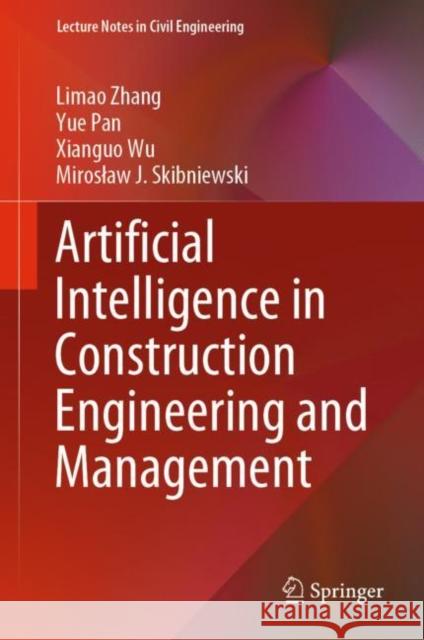Artificial Intelligence in Construction Engineering and Management » książka
topmenu
Artificial Intelligence in Construction Engineering and Management
ISBN-13: 9789811628412 / Angielski / Twarda / 2021 / 263 str.
Kategorie:
Kategorie BISAC:
Wydawca:
Springer
Seria wydawnicza:
Język:
Angielski
ISBN-13:
9789811628412
Rok wydania:
2021
Wydanie:
2021
Numer serii:
000798671
Ilość stron:
263
Waga:
0.59 kg
Wymiary:
23.88 x 19.81 x 1.78
Oprawa:
Twarda
Wolumenów:
01











